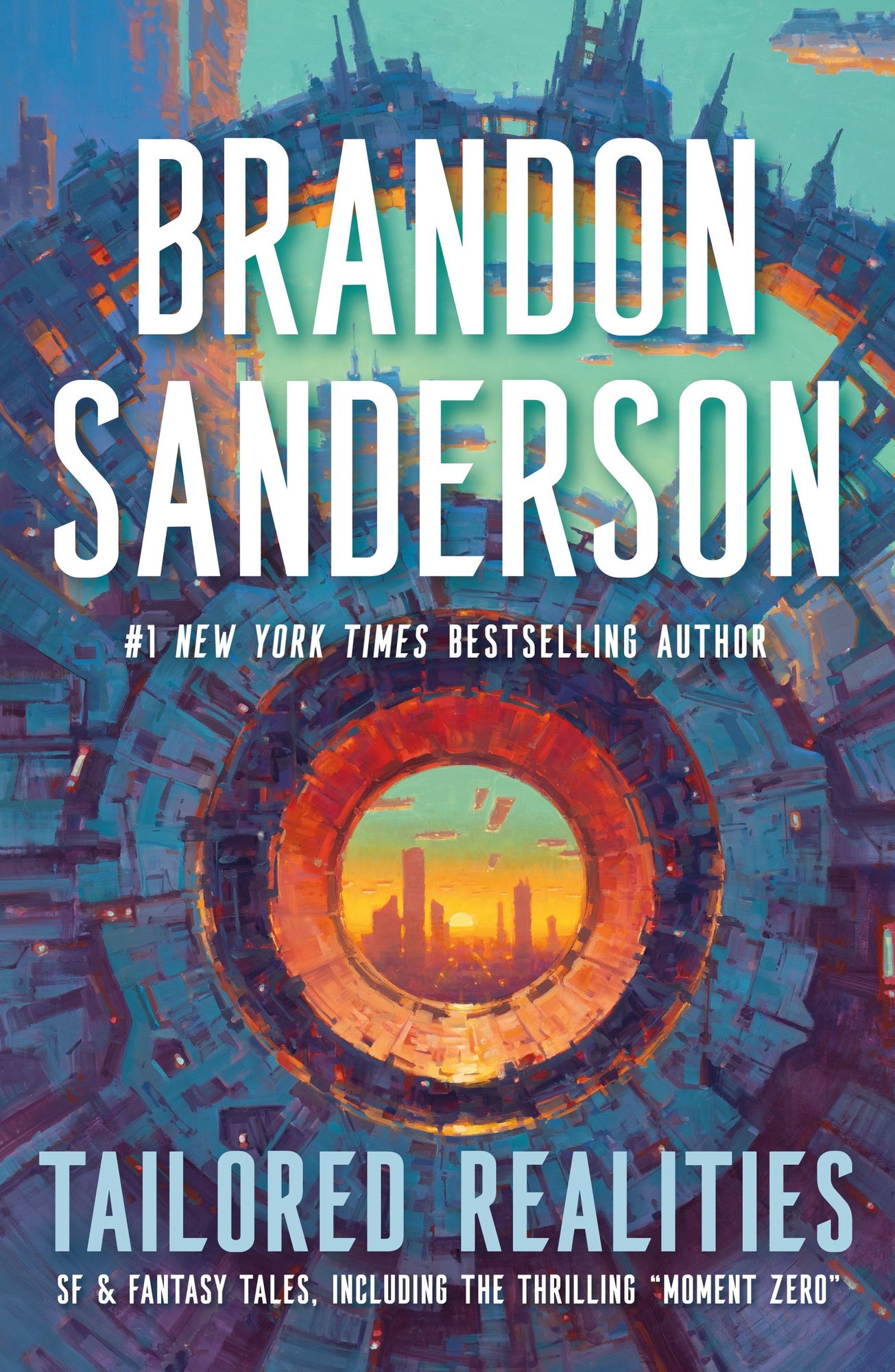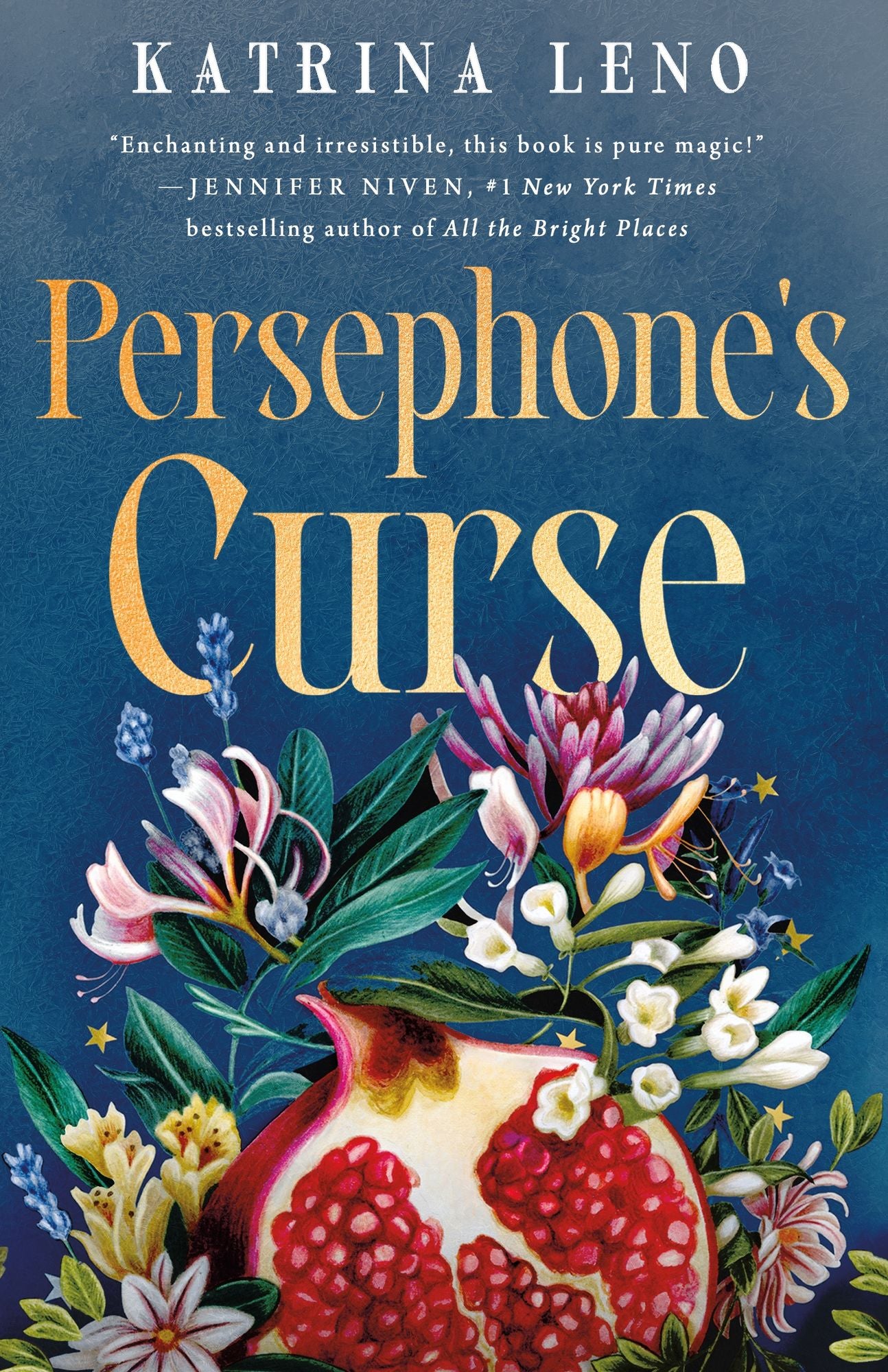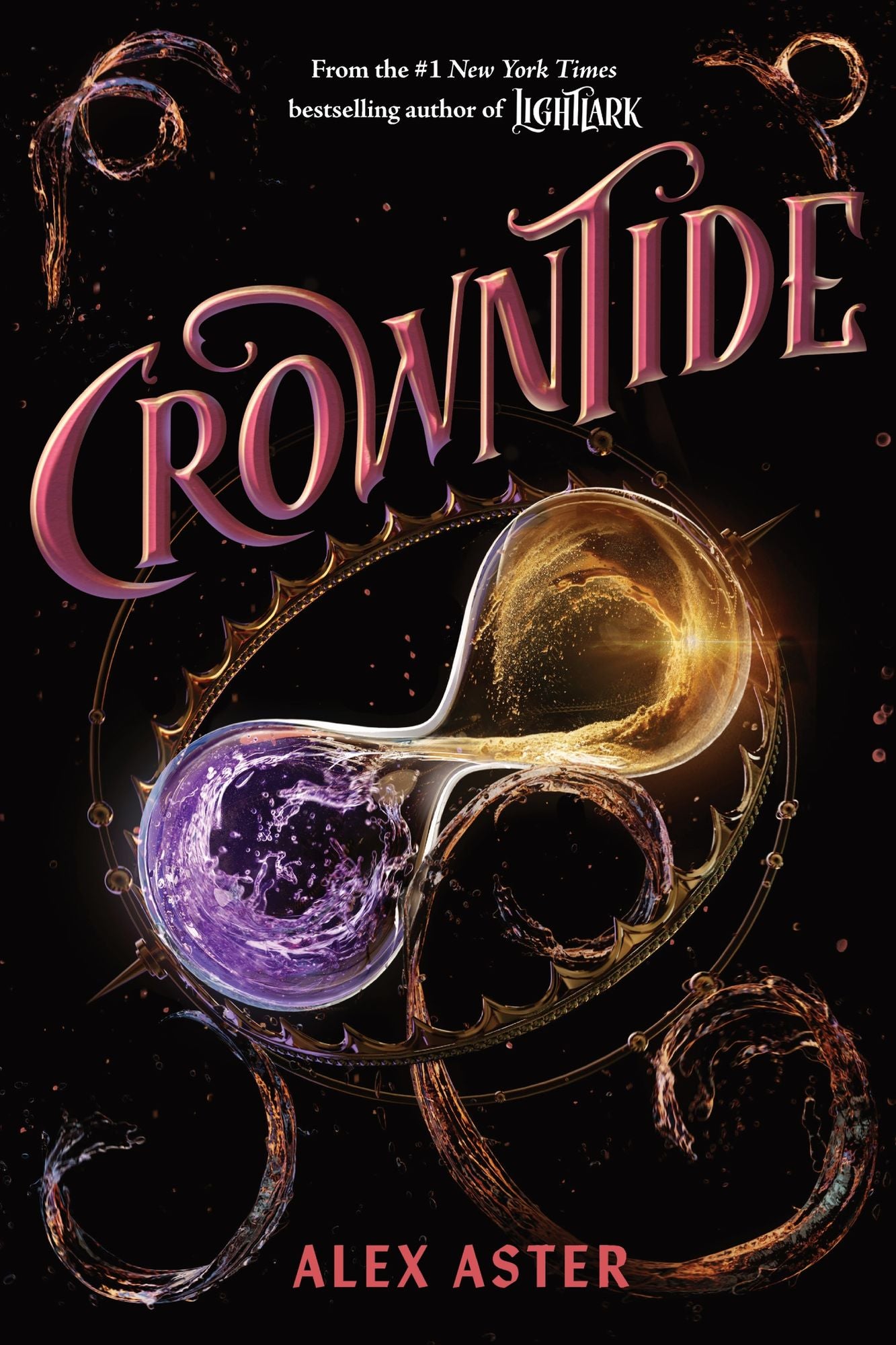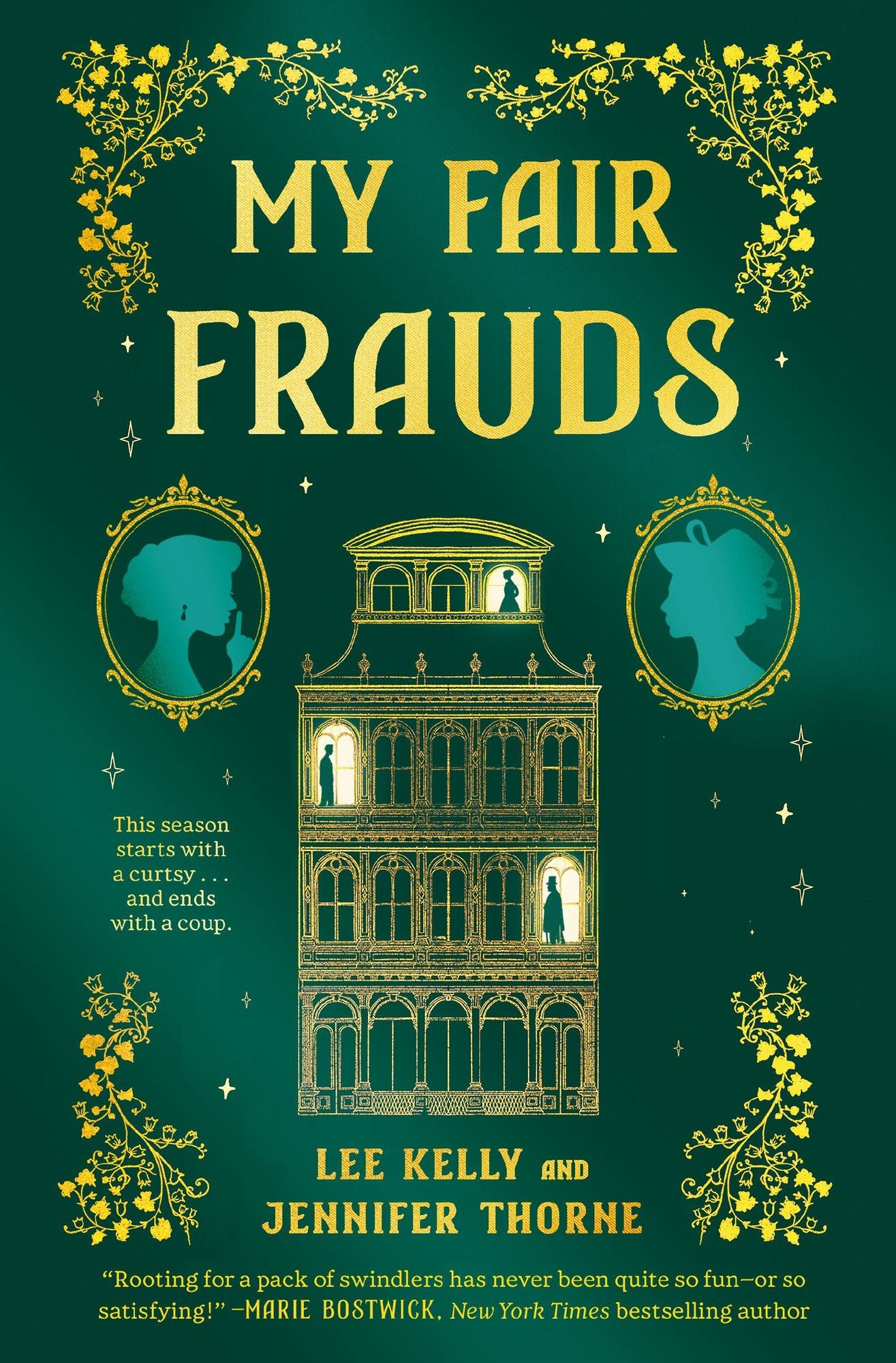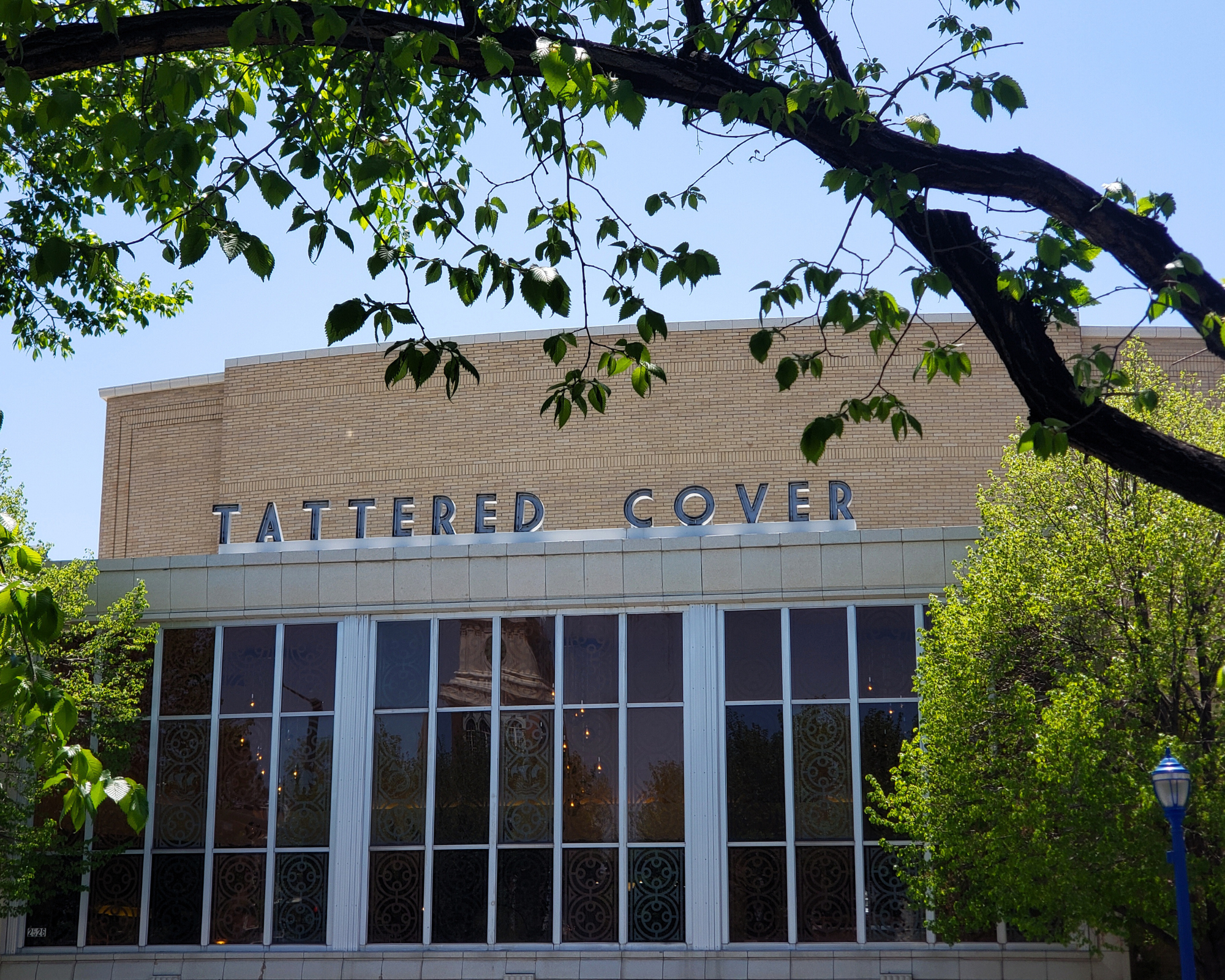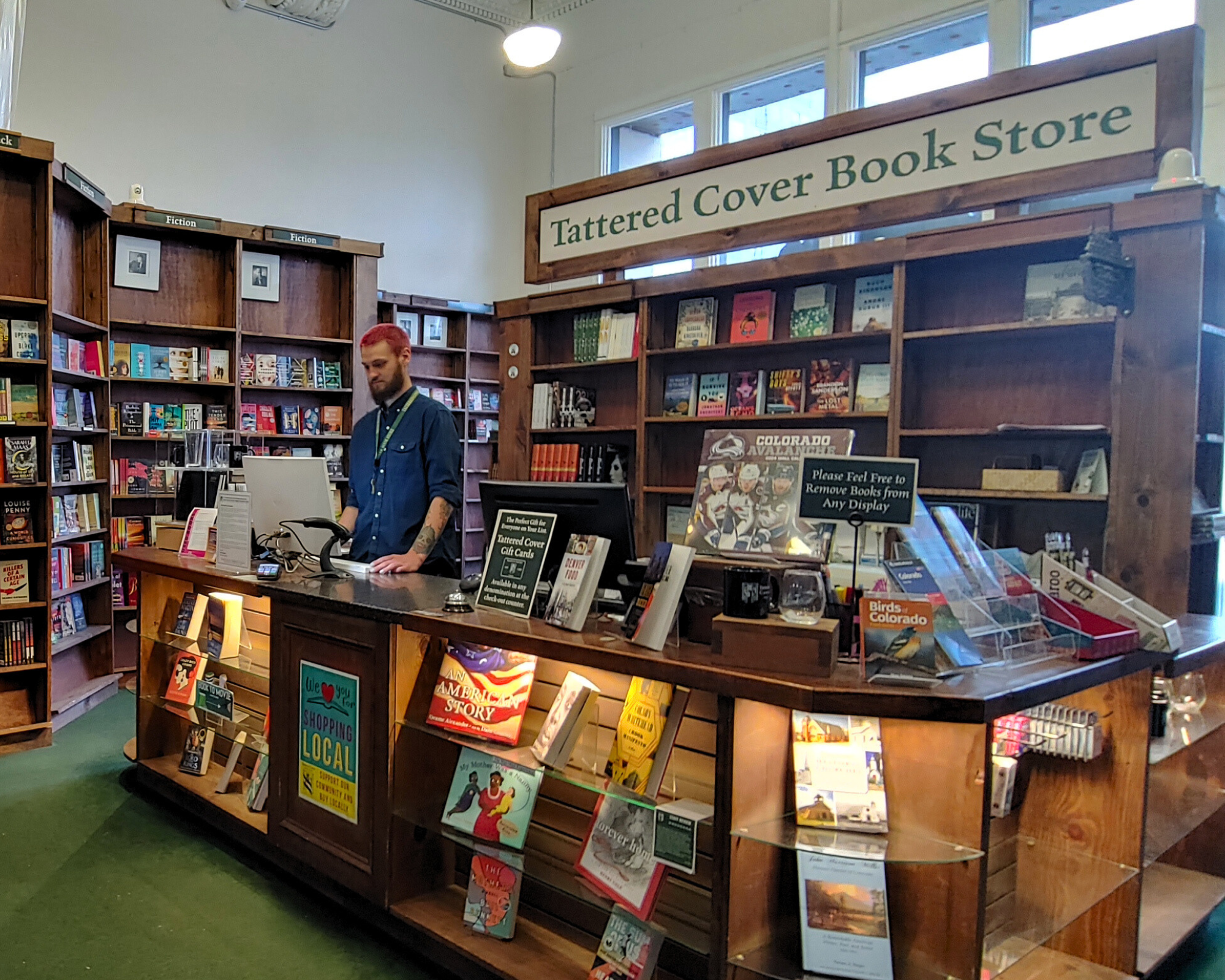
Spinoza: Freedom's Messiah
by
Ian Buruma
Format: Paperback
ISBN: 9780300281866
Publication Date: 02/25/2025
Ian Buruma explores the life and death of Baruch Spinoza, the Enlightenment thinker whose belief in freedom of thought and speech resonates in our own time
A New Yorker “Best Book of 2024” Selection
“An elegant, relevant biography of a vital thinker.”—Kirkus Reviews (starred review)
Baruch (Benedictus) Spinoza (1632–1677) was a radical free thinker who led a life guided by strong moral principles despite his disbelief in an all-seeing God. Seen by many—Christians as well as Jews—as Satan’s disciple during his lifetime, Spinoza has been regarded as a secular saint since his death. Many contradictory beliefs have been attached to his name: rationalism or metaphysics, atheism or pantheism, liberalism or despotism, Jewishness or anti-Semitism. However, there is no question that he viewed freedom of thought and speech as essential to an open and free society.
In this insightful account, the award-winning author Ian Buruma stresses the importance of the time and place that shaped Spinoza, beginning with the Sephardim of Amsterdam and followed by the politics of the Dutch Republic. Though Spinoza rejected the basic assumptions of his family’s faith, and was consequently expelled from his Sephardic community, Buruma argues that Spinoza did indeed lead a Jewish life: a modern Jewish life. To Heine, Hess, Marx, Freud, and no doubt many others today, Spinoza exemplified how to be Jewish without believing in Judaism. His defense of universal freedom is as important for our own time as it was in his.
A New Yorker “Best Book of 2024” Selection
“An elegant, relevant biography of a vital thinker.”—Kirkus Reviews (starred review)
Baruch (Benedictus) Spinoza (1632–1677) was a radical free thinker who led a life guided by strong moral principles despite his disbelief in an all-seeing God. Seen by many—Christians as well as Jews—as Satan’s disciple during his lifetime, Spinoza has been regarded as a secular saint since his death. Many contradictory beliefs have been attached to his name: rationalism or metaphysics, atheism or pantheism, liberalism or despotism, Jewishness or anti-Semitism. However, there is no question that he viewed freedom of thought and speech as essential to an open and free society.
In this insightful account, the award-winning author Ian Buruma stresses the importance of the time and place that shaped Spinoza, beginning with the Sephardim of Amsterdam and followed by the politics of the Dutch Republic. Though Spinoza rejected the basic assumptions of his family’s faith, and was consequently expelled from his Sephardic community, Buruma argues that Spinoza did indeed lead a Jewish life: a modern Jewish life. To Heine, Hess, Marx, Freud, and no doubt many others today, Spinoza exemplified how to be Jewish without believing in Judaism. His defense of universal freedom is as important for our own time as it was in his.
Choose options

Spinoza: Freedom's Messiah
Sale price$20.00


